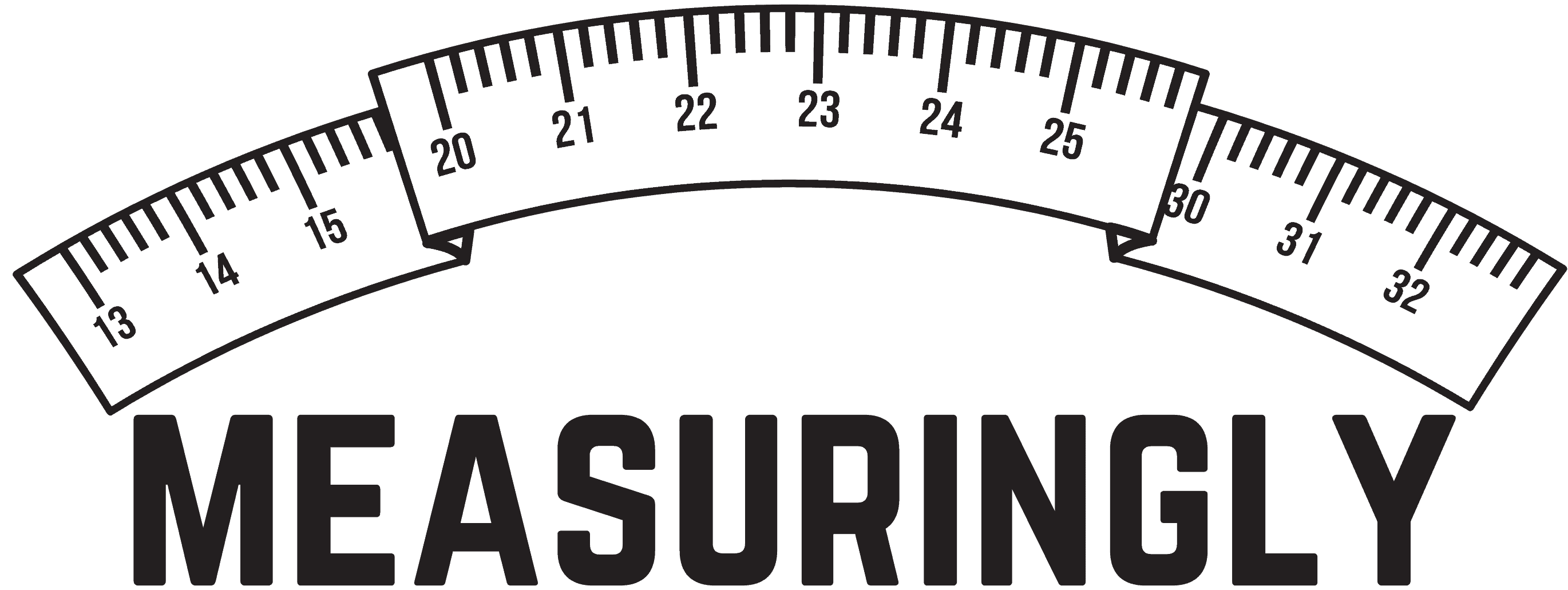You might be curious about how much a gallon of honey weighs, especially if you’re a beekeeper, a honey enthusiast, or a home cook who loves incorporating this golden nectar in your recipes.
First, honey density fluctuates depending on its moisture content, temperature, and the type of flowers the nectar was sourced from. For an approximate weight, it’s essential to consider these variables.
To help you understand this better, we’ll look at the factors affecting honey weight and provide you with a straightforward answer. We’ll give you a general idea so that you can plan accordingly.
Read: How Much Does a Bale of Cotton Weigh?
Since honey is denser than water, it actually weighs more than a gallon of water. Water weighs approximately 8.34 pounds per gallon, while honey weighs around 12 pounds per gallon.
Understanding Honey

The Natural Weight of Honey
Honey is a dense, viscous liquid produced by bees. Due to its high sugar concentration, it weighs more than water. A gallon of honey typically weighs around 12 pounds.
You might be surprised to know that different varieties of honey can vary in weight. Floral nectar sources and environmental conditions can affect honey’s weight.
The Sweet Science Behind Honey
Bees collect nectar from flowers and turn it into honey through an amazing process. Honey is a mixture of sugars, mostly glucose and fructose.
The chemical composition of honey allows it to retain more moisture than other sugars, making it denser. Additionally, honey contains tiny bubbles of air, which can also have a minimal impact on its weight.
Packaging Effect on Honey’s Weight
It’s important to consider the packaging when discussing honey’s weight. Various materials are used to store and transport honey in containers like jars, bottles, or plastic tubs.
Different packaging materials have different weights, which can affect the overall weight of a gallon of honey.
Let’s compare common packaging materials:
- Glass jar: 1 pound for an empty 1-gallon jar
- Plastic container: 0.5 pounds for an empty 1-gallon container
Remember that the container’s weight should be added to the honey’s weight when calculating the total weight of a packaged gallon of honey.
Your packaged honey can weigh between 12.5 and 13 pounds using the given weights above.
How Much Does a Gallon of Honey Weigh?

Honey is a delicious, natural sweetener that many of you enjoy in tea, on toast, or as an ingredient in various recipes. Now, you’re wondering how much a gallon of honey weighs.
Well, a gallon is a unit of volume, but you may need its weight when it comes to honey. Since honey is denser than water, it actually weighs more than a gallon of water.
Water weighs approximately 8.34 pounds per gallon, while honey, as mentioned, weighs around 12 pounds per gallon.
This difference in weight is due to the unique composition of honey, which is comprised largely of natural sugars and trace amounts of proteins, vitamins, and minerals.
To ease your calculations when purchasing or measuring honey, here’s a little reference table for you:
| Volume | Weight of Honey |
|---|---|
| 1 Gallon | 12 lbs |
| 1 Quart | 3 lbs |
| 1 Pint | 1.5 lbs |
| 1 Cup | 0.75 lbs |
Remember, the weight of a gallon of honey can vary slightly depending on its specific gravity, which is influenced by factors such as floral source, moisture content, and even regional variations.
So, when measuring honey for your recipes, it’s always a good idea to go by weight rather than volume.
Why Honey Weights Vary?

You might notice that the weight of a gallon of honey can vary from time to time.
Understanding why this happens is important when working with honey as a baker, hobbyist, or consumer who wants to purchase a gallon of honey from the local farmer’s market.
Several factors can influence the weight, and we’ll explore some of the most common reasons:
Water Content
First, water content plays a crucial role in determining the weight of a gallon of honey. Honey’s water content can vary depending on the types of flowers bees visit and the weather conditions when nectar is collected.
You should be aware that honey with a higher water content will weigh more than honey with a lower one.
Type of Honey
Next, the type of honey is another aspect that can cause variations in weight. There are more than 300 unique types of honey in the United States alone, with each having its own distinct flavor, color, and thickness.
Different plants and flowers produce diverse nectar, affecting the density and, consequently, the weight of honey. For example, a gallon of buckwheat honey might weigh more than a gallon of alfalfa honey.
Before we dive into the next factor, witness this fascinating process of making honey mead:
Temperature
Another factor to consider is the temperature. Like many other substances, Honey’s weight can be influenced by the ambient temperature.
When honey is warmer, it becomes less dense and, therefore, weighs less than when it’s cooler and denser.
So, if you’re measuring honey on a hot summer day, you might notice that its weight is slightly different from that of the same honey measured in a cold environment.
That said, knowing the reasons why honey weights vary can help you make informed decisions when using or purchasing honey.
By understanding the factors contributing to weight variations, such as water content, type of honey, and temperature, you can better appreciate the versatility and uniqueness of this natural sweetener.
Measurement of Honey
Weight vs Volume of Honey
When measuring honey, you might wonder if a gallon of honey weighs the same as a gallon of another liquid.
As previously discussed, honey is denser than water, meaning it weighs more for the same volume. A gallon of honey usually weighs around 12 pounds (5.44 kg), while a gallon of water weighs 8.34 pounds (3.78 kg).
You may find it handy to know the proper conversions to better understand honey’s weight-to-volume ratios.
Converting values becomes necessary when dealing with recipes or selling honey in various weight and volume units.
Conversion Factors
Here are some essential conversion factors you should be aware of when measuring honey:
- 1 kilogram (kg) = 2.20462 pounds (lbs)
- 1 gallon (gal) = 3.78541 liters (L)
- 1 pound (lb) = 16 ounces (oz)
To make it easier for you, here’s a short table of common honey weight and volume conversions:
| Weight | Volume |
|---|---|
| 1 lb | 0.44 L (approx.) |
| 12 lbs | 1 gal |
| 1 kg | 0.72 L (approx.) |
| 5.44 kg | 1 gal |
Remember these values when dealing with honey, and you’ll find it simpler to manage recipes and measurements. Remember, honey is denser than water, so its weight-to-volume ratios will differ.
How Beekeeping Effects Honey’s Weight

As a beekeeper, you play a significant role in determining the honey weight that your bees produce. Several factors can influence, affect the weight of a gallon of honey.
Type of Bees
First and foremost, the type of bees you choose matters greatly. Different bee species specialize in gathering nectar from specific flowers and can produce honey with varying densities.
This, in turn, impacts the honey’s weight. You must research your local bee species and the local flora to ensure you have an optimal combination for honey production.
Quality of the Honey
Secondly, the quality of the honey heavily depends on the ability of the bees to access nectar-rich plants. By providing a good floral environment, you enable the bees to gather nectar and pollen more efficiently.
This affects the honey’s weight, as nectar with a higher density will yield heavier honey.
Health of the Bee Colony
Another essential factor is the health of the bee colony. A healthy hive is a more productive one, capable of producing heavier honey in larger quantities.
Regularly inspecting and maintaining your hives and protecting them from predators and diseases helps ensure the bees’ well-being and, in turn, positively impacts honey production.
Extraction and Storage Methods
The extraction and storage methods you employ also contribute to the final weight of the honey. It’s important to use clean and precise extraction techniques to minimize contamination and preserve the honey’s quality.
Moreover, storing honey in airtight containers and in appropriate environmental conditions prevents it from losing moisture, which could otherwise cause it to weigh less.
By carefully balancing these factors in your beekeeping endeavors, you directly affect how much a gallon of honey weighs.
Remember that each element of your beekeeping practices contributes to the final weight, so focusing on providing the best possible environment and care for your bees can lead to a heavier, higher-quality product.







